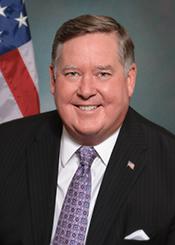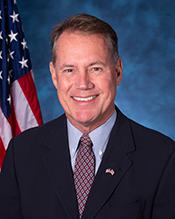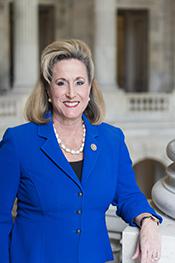0
To amend the Immigration and Nationality Act to make mandatory and permanent requirements relating to use of an electronic employment eligibility verification system, and for other purposes.
2/7/2025, 9:02 AM
Summary of Bill HR 251
The bill would require all employers to use E-Verify to check the work eligibility of new hires within a specified timeframe. Employers who fail to comply with this requirement could face penalties, including fines and potential suspension of their business licenses.
Proponents of the bill argue that implementing a mandatory E-Verify system would help prevent the hiring of undocumented immigrants and protect American jobs. They believe that this system would also help reduce identity theft and fraud in the workplace. Opponents of the bill, however, raise concerns about potential discrimination against certain groups of workers, as well as the potential for errors in the E-Verify system that could result in legal workers being wrongly denied employment. Overall, the Legal Workforce Act seeks to strengthen immigration enforcement and ensure that employers are hiring individuals who are legally authorized to work in the United States. The bill is currently under consideration in the House of Representatives.
Congressional Summary of HR 251
Legal Workforce Act
This bill directs the Department of Homeland Security (DHS) to create an electronic employment eligibility confirmation system modeled after and to replace the E-Verify system, which allows employers and recruiters to verify the immigration status of individuals. The bill also mandates the use of such a system, where currently only some employers, such as those with federal contracts, are required to use E-Verify.
The bill specifies documents that can establish an individual's identity and employment authorization. During the period starting when a job offer is made until three business days after hiring, the individual must attest to his or her employment authorization, and the employer or recruiter must attest that it has examined the individual's required documents.
Employers shall reverify certain types of employees who were not previously verified using E-Verify.
The Social Security Administration shall notify employees if their Social Security number has been used multiple times in an unusual manner. DHS shall establish programs for blocking and suspending misused numbers.
Employers that are required to use the verification system shall not be liable for any employment-related action based on a good-faith reliance on the system.
The bill establishes a phased-in participation deadline for different sizes and categories of employers, including agricultural employers.
The bill increases civil penalties related to hiring individuals without work authorization. It also preempts state laws relating to hiring and employment eligibility verification, but states may use their authority of business licensing to penalize employers for failing to comply with the bill's provisions.
Current Status of Bill HR 251
Bipartisan Support of Bill HR 251
Total Number of Sponsors
4Democrat Sponsors
0Republican Sponsors
4Unaffiliated Sponsors
0Total Number of Cosponsors
1Democrat Cosponsors
0Republican Cosponsors
1Unaffiliated Cosponsors
0Policy Area and Potential Impact of Bill HR 251
Primary Policy Focus
Alternate Title(s) of Bill HR 251
Comments

Noah Patrick
11 months ago
This bill gonna hurt lots of folks who just tryna make a livin'. Why they gotta make it so hard for people to work? What gonna happen to all the families who rely on this for their income? #confused




